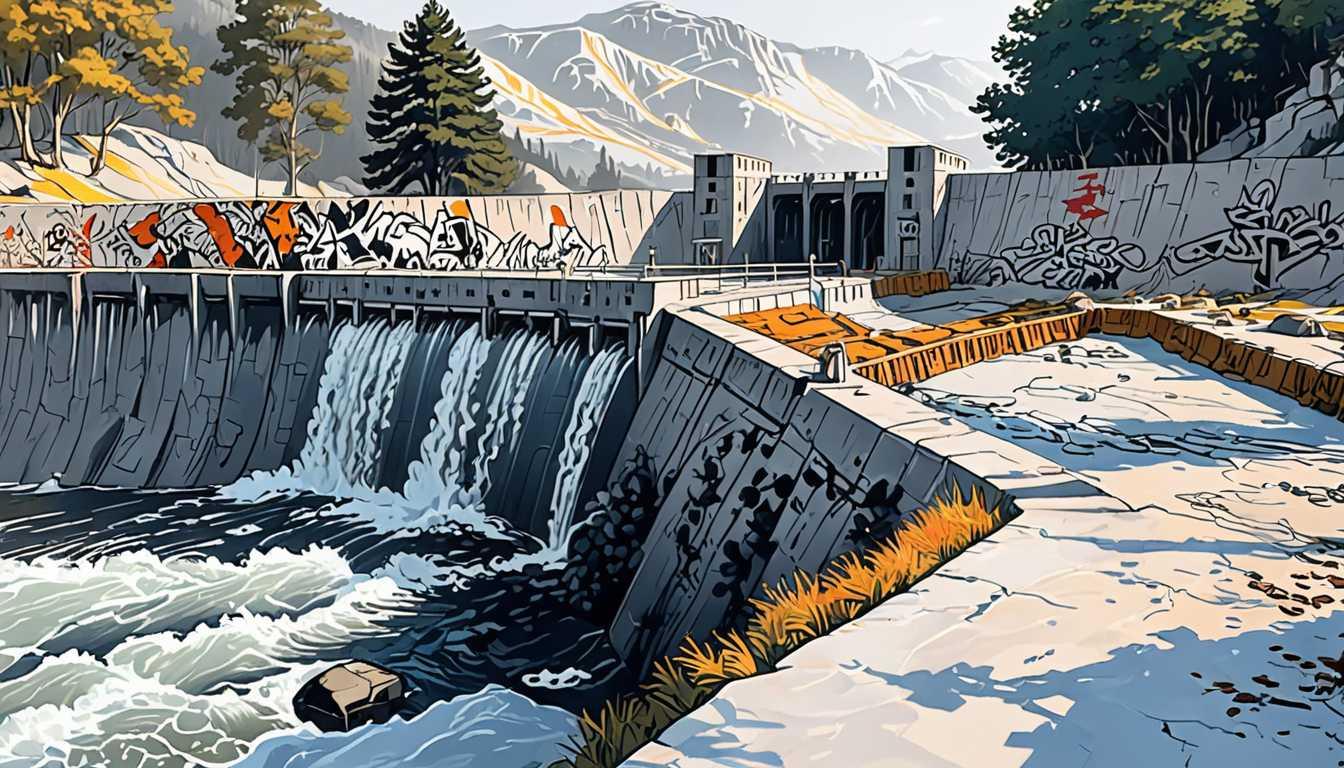Earth's Scars: A Visual Journey
May 2023
BBC
Introduction
Dive into Edward Burtynsky's captivating journey through African landscapes altered by human hands, as detailed by the BBC. For over four decades, Burtynsky's lens has captured the striking, often abstract beauty of Earth's scars - a testament to our consumption's consequences. From the scorching Danakil Depression to bustling shoe factories, his latest project, African Studies, is a decade-long exploration across 10 countries, blending art with activism. Ready for a visual adventure that challenges our views on nature and globalization?
READ FULL ARTICLEWhy It Matters
Discover how this topic shapes your world and future
Capturing Earth's Canvas - The Art and Impact of Environmental Photography
Edward Burtynsky's photographic journey through altered landscapes across Africa opens a window to the profound impact humans have on the planet. His work, blending art with a stark environmental message, highlights the consequences of our consumption habits and the industrial revolutions shifting from continent to continent. This exploration matters because it challenges us to see beyond our immediate surroundings, to understand the global implications of our daily choices. For you, as a young learner, this topic isn't just about stunning photographs or distant lands; it's a call to recognize your role in a globally interconnected community. How do your actions contribute to the larger picture of environmental conservation or degradation? Burtynsky's art serves as a mirror, reflecting the beauty and the scars of our Earth, urging us to ponder our legacy and responsibility towards this planet we call home.
Speak like a Scholar
Abstract art
Art that doesn't try to represent an accurate depiction of visual reality but instead uses shapes, colors, forms, and gestural marks to achieve its effect. Think of it as the art of ideas and emotions rather than specific objects.
Colonialism
The policy or practice of acquiring full or partial political control over another country, occupying it with settlers, and exploiting it economically. Imagine a powerful country taking over a less powerful one to use its resources.
Economic colonialism
A modern form of colonialism where control over a country is gained through economic rather than military means, such as controlling its trade or exploiting its resources.
Industrial revolution
A period of major industrialization that took place during the late 1700s and early 1800s. It marked a significant turning point in history; almost every aspect of daily life was influenced in some way.
Globalization
The process by which businesses or other organizations develop international influence or start operating on an international scale. It's like the world becoming a smaller place, where everything is interconnected.
Environmental degradation
The deterioration of the environment through depletion of resources such as air, water, and soil; the destruction of ecosystems; habitat destruction; the extinction of wildlife; and pollution.
Independent Research Ideas
The role of art in environmental activism
Investigate how artists like Burtynsky use their work to draw attention to environmental issues and inspire change. What makes art a powerful tool for activism?
Comparative study of industrial revolutions
Explore how the industrial revolution's environmental and social impacts in Europe compare with those in Africa today. What lessons can be learned from history?
Economic colonialism in the 21st century
Delve into how modern economic colonialism operates, particularly focusing on China's involvement in Africa. How does this influence both the local and global economy?
The science behind high-resolution photography
Examine the technology that allows photographers like Burtynsky to capture such detailed and impactful images. How has this technology evolved, and what does it enable us to see?
Environmental impact of the global textile industry
Research the environmental footprint of the global textile industry, from water pollution to waste. How does this industry's shift to countries like Ethiopia affect the local environment and global sustainability efforts?




